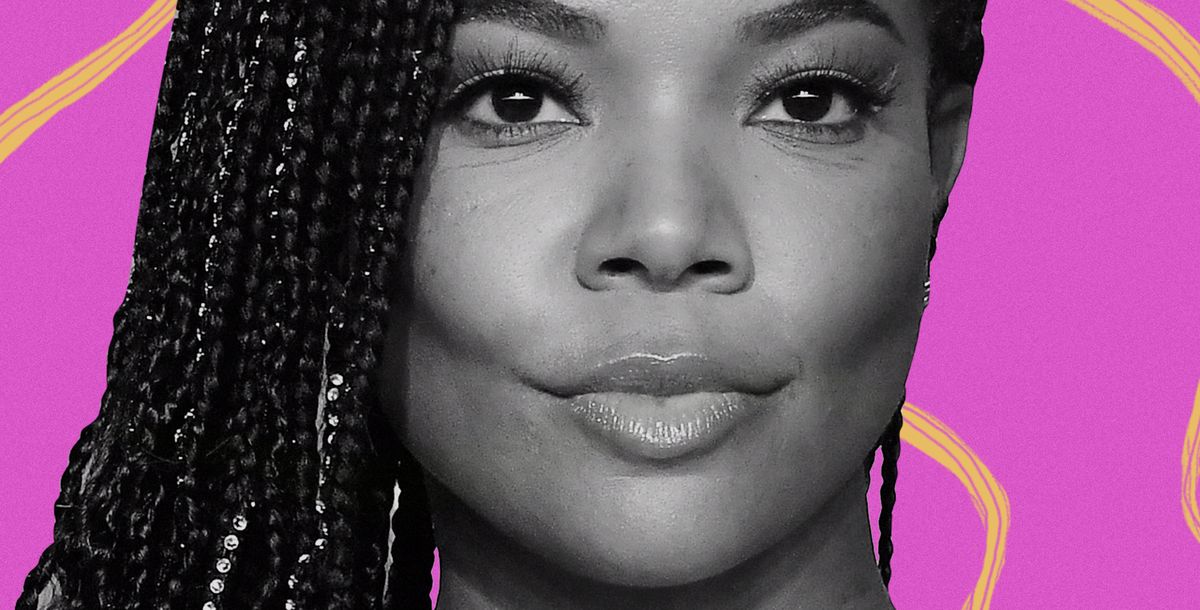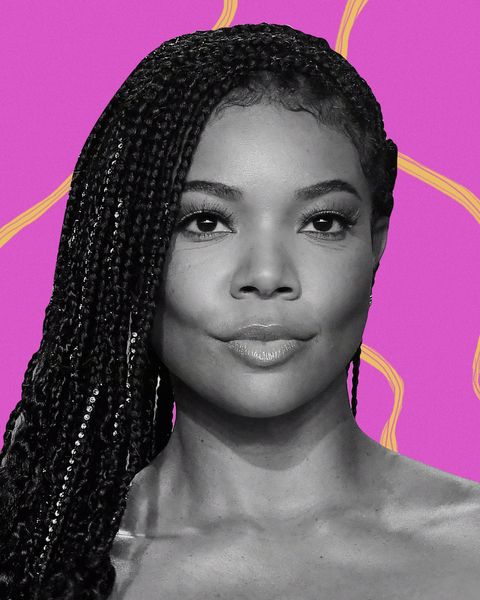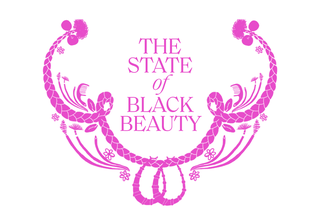For the State of Black Beauty, ELLE.com chatted with six Black icons to hear how they define Black beauty and how they see themselves in the space—in their own words.
I don’t think I fell back in love with myself until relatively recently, and some of that self-love has come from learning to embrace my natural beauty, especially my hair texture. I wore relaxers starting from the time I was eight and didn’t stop until my thirties. I didn’t even wear braids professionally, which might’ve been the first time ever really—until Almost Christmas, which was five or six years ago. Something happened around my 40s where I just fell in love with myself. I emptied my basket of fucks. And that’s the attitude I hope to pass onto my daughters—shameless self-love.
At the beginning of my career, when I was doing modeling gigs in Los Angeles, I wasn’t pushed to look any type of way. I had edited myself for so much of my life that they didn’t really need to do anything. What I found was that they were not prepared if I didn’t come with my hair already done fresh from the salon. They wouldn’t have hair stylists who knew what to do with 4B hair. And most of the time the makeup artists wouldn’t have the right color foundation. It wasn’t until much later, when I was acting and doing photo shoots, where you could see Photoshop minimizing my butt or bringing in my weight.
We very much push assimilation in this country. [We’re] not about standing out, having your own identity, or your own look. I like to use the phrase “being the chip in the cookie,” because when you’re so thoroughly surrounded by a Eurocentric standard of beauty, your relationship with yourself and your looks can be a really precarious road. You’ve never seen yourself reflected: not in teachers, not in coaches, not in the magazines. And whatever affirming words or images that you would get from home, you’re at school more than you’re anywhere else, and you’re not being reaffirmed there. It opens the door for so much self-loathing and putting yourself up to the impossible task of trying to shapeshift into something you will literally never be.
And then you add in respectability politics, oftentimes coming from people who do look like us. There’s this idea that you have to look this way. You have to sound this way. You have to dress this way. You need to go to these schools and live in these neighborhoods. And if you do all of these things then they’ll accept you. Then, you’ll have value.
It’s interesting because I thought my mom actually did a good job of raising her three Black daughters to have representation by way of magazines and books and making sure we were present and connected to the Black community, even though we weren’t living in the Black community. But as much as she was doing, it paled in comparison to being at school and in sports in largely white spaces. What I’m trying to do with our two daughters is understand that if I cannot provide a school environment that is as diverse as the global population, I have to do more to constantly make sure the girls are reaffirmed.
This content is imported from Instagram. You may be able to find the same content in another format, or you may be able to find more information, at their web site.
It’s not just enough to hand them a magazine or a book or watching Black Is King on a loop. We have to surround them with additional teachers they may not see at school. It becomes another job. Part of that is constantly reaffirming their Blackness outside of them so they can constantly see themselves in the flesh, mirroring what we’re teaching at home. I think that was the piece my mom missed because we just didn’t live close enough to the Black communities, or have more of my parents’ friends or any other kids’ friends who looked like us. It created a gap that we all fell in.
But we’re trying to bridge that gap and be very purposeful about the schools the kids go to and what their faculty and administration physically look like. And then, if there’s not enough kids in the school creating outside peer groups, just keep reaffirming. Then you have to hope for the best. Every kid is different, so it’s a bit of a crapshoot. And as the world keeps changing, there’s so much anti-Blackness that keeps rising up. You just have to be diligent to fight it with self-love and the elevation of Blackness.
This interview has been edited and condensed for clarity and length.
This content is created and maintained by a third party, and imported onto this page to help users provide their email addresses. You may be able to find more information about this and similar content at piano.io


